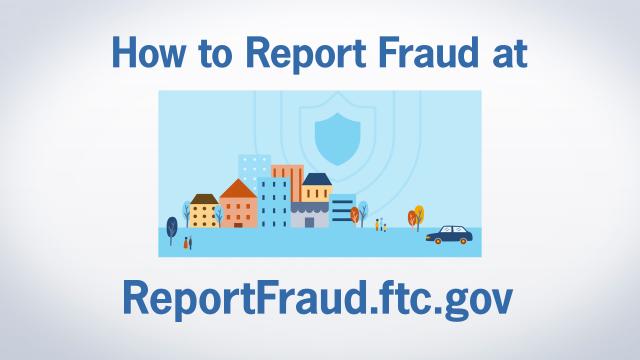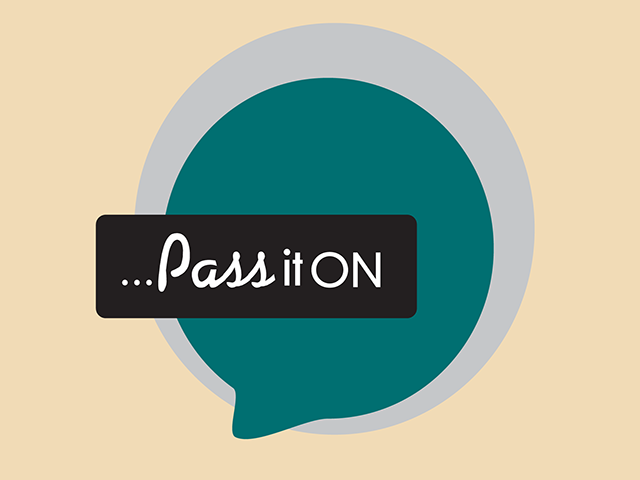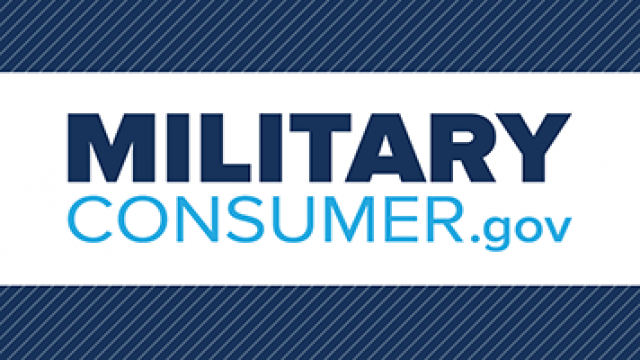The Latest in Consumer Advice
Consumer Alerts
Consumer Alert
How to handle unexpected calls that claim your money is at risk
Your phone rings and what the caller says next sends you into a panic. They claim there’s fraud on your credit card, someone hacked your bank account, you owe a tax debt, or your benefits will end today. Your adrenaline is pumping, and your mind races a hundred miles an hour. They sense this—and they say they can help. Should you trust them? No.
Shopping
Consumer Alert
Questions about your Amazon Prime settlement refund? Read on
If you’re one of the many millions of people eligible for a refund from the FTC’s settlement with Amazon, you might already have gotten a check for up to $51. If you got it and deposited or cashed it, you’re all set. You might also have gotten an email or postcard this month with instructions on how to submit a claim. But based on what we’re hearing from consumers, some people have questions about Amazon’s refund process and their eligibility, whether they need to file a claim, and how to do it. If that’s you, let’s get you to some answers.
Consumer Alert
Avoid weather-related utility scams after the recent winter storm
It’s going to take time to recover from the winter storm that affected a large part of the country and left hundreds of thousands without power. You can be sure that, after a big storm like this one, utility and other scammers aren’t far behind.
Get consumer alerts
More from the FTC
More Tips and Advice






